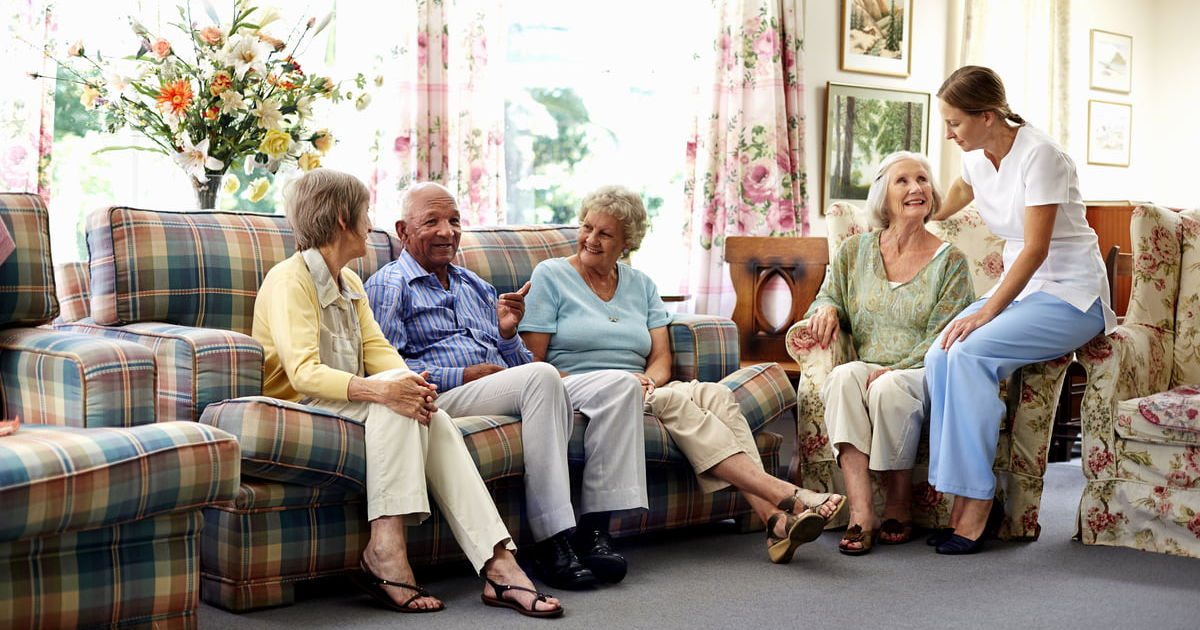While it might seem a long way off now, one day we will all reach the point when we have to think about downsizing our home and moving to more manageable accommodation. Life has an unfortunate tendency of creeping up on us so it’s best to try and think forward to plan how you might want to live in the future.
Most people find that the family home becomes too big once their children inevitably fly the nest and, as they get older, larger properties often become unmanageable. Having an idea now where you might want to live in your later stages of life will allow you to plan – both financially and emotionally — for the idea of changing property.
Alternatively, you may have a relative who is nearing the stage in life where they need to make decisions on where to live. While it’s often difficult to persuade an elderly relative to leave home, the facilities below will give you peace of mind they’re in safe hands and being well looked after.
Choosing which accommodation is right for you
Life events often play a part in the choice of which accommodation best suits the elderly. For example, health problems might require accommodation with a greater level of on-site care. Also, the death of a spouse often leads to loneliness which can be countered by moving into a community of people in comparable circumstances, of a similar age.
Loneliness in the aged is tremendously common and can bring about other, associated health problems. Indeed, a 2018 study found a direct correlation between loneliness and ill health (or even death), across both men and women.
Depending on circumstances, there are two main accommodation options open to the aged – assisted or independent living. Each has its advantages, however, the debate between independent living vs assisted living often comes down to the relative health of the individual.
If a person is still fit and well, independent living offers the chance to feel part of a community again and build new friendships. Alternatively, those in ill health will likely benefit more from an assisted lifestyle.
Independent living communities
In an independent living facility, residents are free to live a near-normal life, only surrounded by a community of like-minded, similar-aged retirees. Independent living is the perfect solution for individuals who are still active and capable of performing most tasks, but who perhaps miss the company of others or are looking to make new friendships.
Independent living offers private serviced accommodation but with an option for support on hand should it be required. For example, residents can request assistance with cooking, cleaning or laundry. Also, residents typically organize activities suitable for older people — like swimming or dancing — to stay busy, fit and healthy and help build a strong community spirit.
Independent living offers the perfect solution between homeownership and moving to more assisted nursing-type care. All the facilities are there, but you only take them if you need them.
Assisted living facilities
In assisted living, the focus moves 100% to care for the individual, including everything from health care to personal care. Assisted living is best suited to those who have lost mental or physical capacities and need daily help to look after themselves.
For example, if a person is having difficulty showering or eating, aid will be available in an assistive care facility to help them live the fullest life possible. Varying levels of care and assistance can be provided, depending on the condition of the individual.
